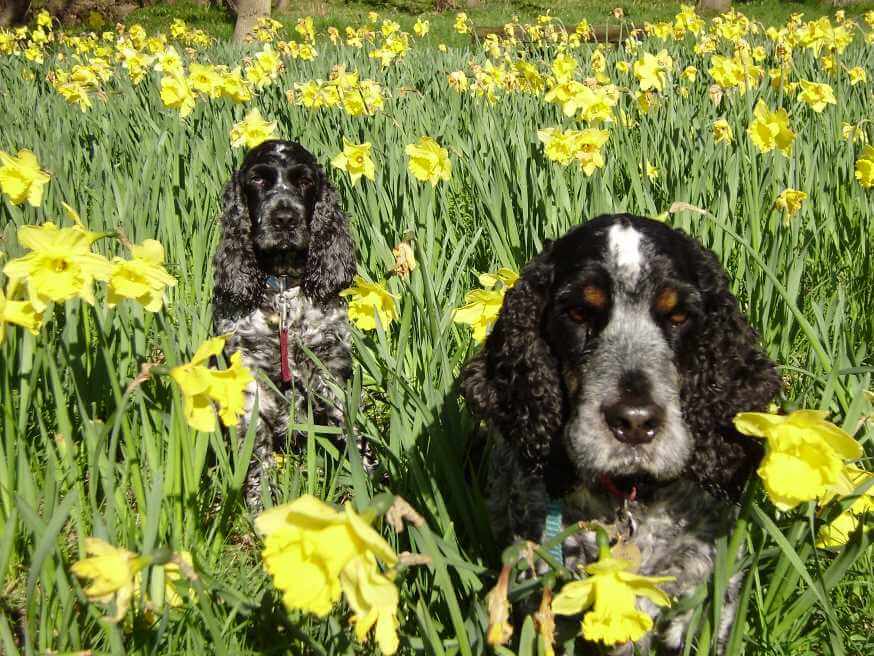It’s a cruel trick of nature that some of the most beautiful, colorful springtime plants pose a deadly temptation to the four-legged members of your family. Taking a few simple precautions to avoid any plants known to be deadly to pets can prevent a potential tragedy for you and your family this spring.
Here’s a few common plants to be aware of:
Tulips and Hyacinths – Tulips contain allergenic Lactones. Lactones are derived from chemical compounds and taste a bit like Whiskey. Hyacinths contain similar compounds. It’s the bulbs of these two plants, not the leaves or flowers, which are toxic. There’s no antidote if your dog is poisoned by eating a Tulip or Hyacinth bulb, and severe symptoms need immediate treatment.
Daffodils – If your pet licks or eats any part of a daffodil – the bulb, plant or flower – they will ingest an alkaloid called Lycorine which can irritate the tissues of the mouth and throat and cause excessive drooling. Lycorine can also trigger a gastrointestinal response like vomiting, abdominal pain or diarrhea. In more serious cases, heart and respiratory problems can occur. Severe symptoms such as these require immediate attention by a vet.
Crocuses – The variety of crocus plants that blooms in the spring is a member of the Iridaceae family. Spring crocuses can cause gastrointestinal upset in your pet, typically vomiting and diarrhea.
Lily of the Valley – The substance in Lily of the Valley that is toxic to your pet is called cardiac glycosides. If you think your dog has ingested a Lily of the Valley, you should get him to your vet for a checkup asap.
If you are concerned about your dog’s health at any time please seek veterinary advice.
Animal Magic Dog Club based in North Walsham & Norwich offers a wide range of training for puppies, junior and adult dogs. All within easy reach of North Walsham, Cromer, Sheringham, Aylsham, Holt, Stalham, Wroxham, Coltishall and Norwich (North).

